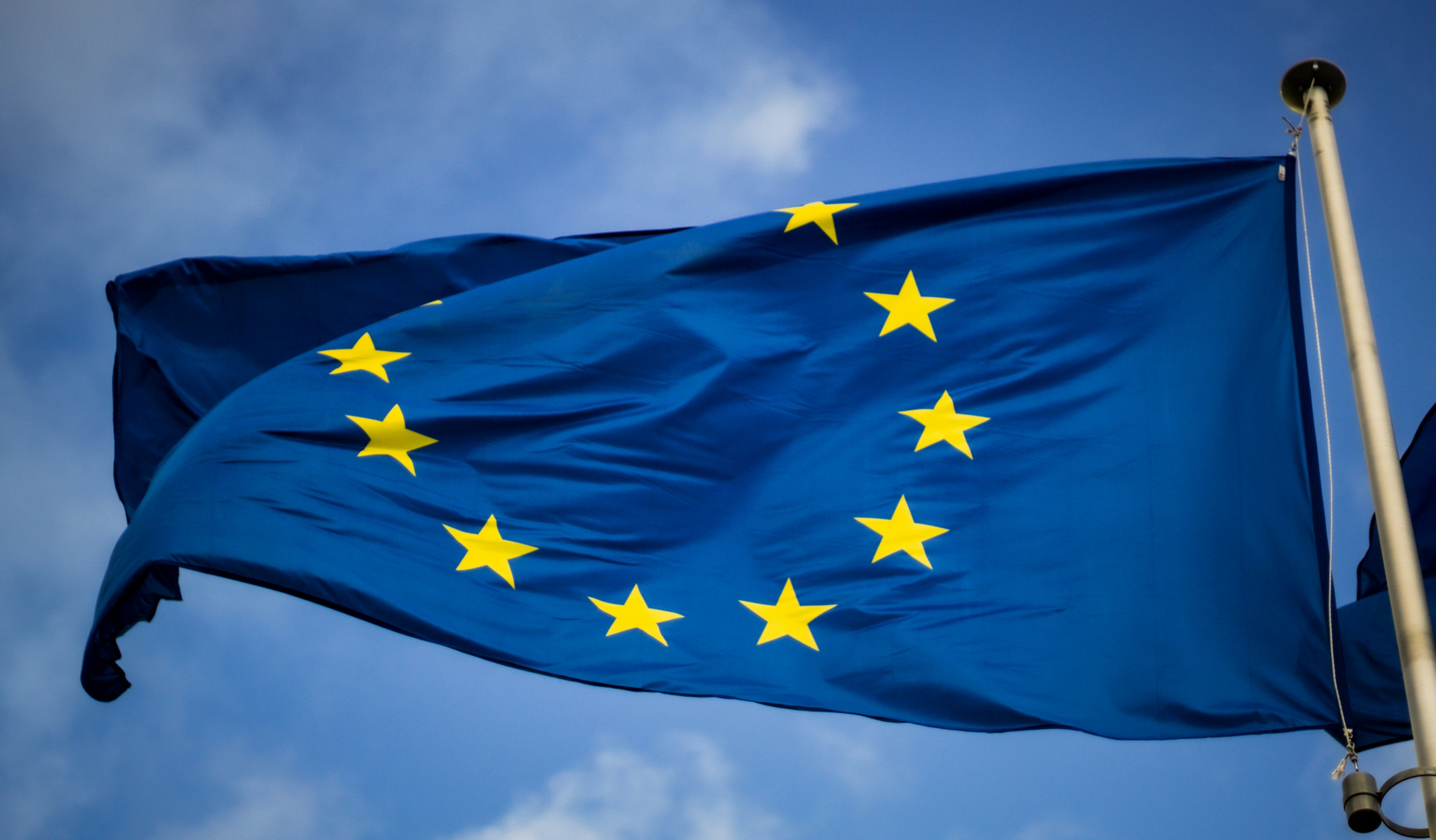EU states approve bill to regulate artificial intelligence

Christian Lue/Unsplash
Representatives of 27 European Union countries unanimously approved the final version of the bill on the regulation of artificial intelligence technologies. The vote took place within the framework of the Committee of Permanent Representatives (Coreper) at the European Council.
Here's What We Know
The European Commission has been drafting a law, dubbed the AI Act, since 2021. It introduces a ban on the use of AI for the social rating of citizens, and also establishes risk management rules for high-risk applications of AI, such as medicine and transport.
"Historic, world first, pioneering..."
- Thierry Breton (@ThierryBreton) February 2, 2024
The #AIAct unleashed a lot of passion...and rightly so!
Today all 27 Member States endorsed the political agreement reached in December - recognising the perfect balance found by the negotiators between innovation & safety.
EU means AI! ???????? pic.twitter.com/dPNeOpLBnT
The document also introduces transparency requirements for chatbots and other AI applications that interact with humans. At the same time, "low-risk" systems, such as spam filters in email services, are not covered by the rules.
Special control is being established over large companies that provide access to powerful AI models to third parties. Their activities will be regulated by a special division of the European Commission.
Initially, negotiations on the AI Act reached an impasse due to the position of France, which feared that strict rules would lead to an outflow of investment from the EU. However, the parties reached a compromise, and now the document is ready for final approval by the European Parliament.
???? Signed!
- Belgian Presidency of the Council of the EU 2024 (@EU2024BE) February 2, 2024
Coreper I Ambassadors confirmed the final compromise text found on the proposal on harmonised rules on artificial intelligence(#AIAct).
The AI Act is a milestone, marking the 1st rules for AI in the ????, aiming to make it safe & in respect of ???????? fundamental rights. pic.twitter.com/QUe2Sr89A5
If passed, the law will come into force 20 days after publication in the Official Journal of the EU. Full implementation of the rules will take about two years.
For example, the ban on the use of AI for social ranking will start working as early as autumn 2024, while regulation of fundamental AI models will start from 2025.
Source: TechCrunch